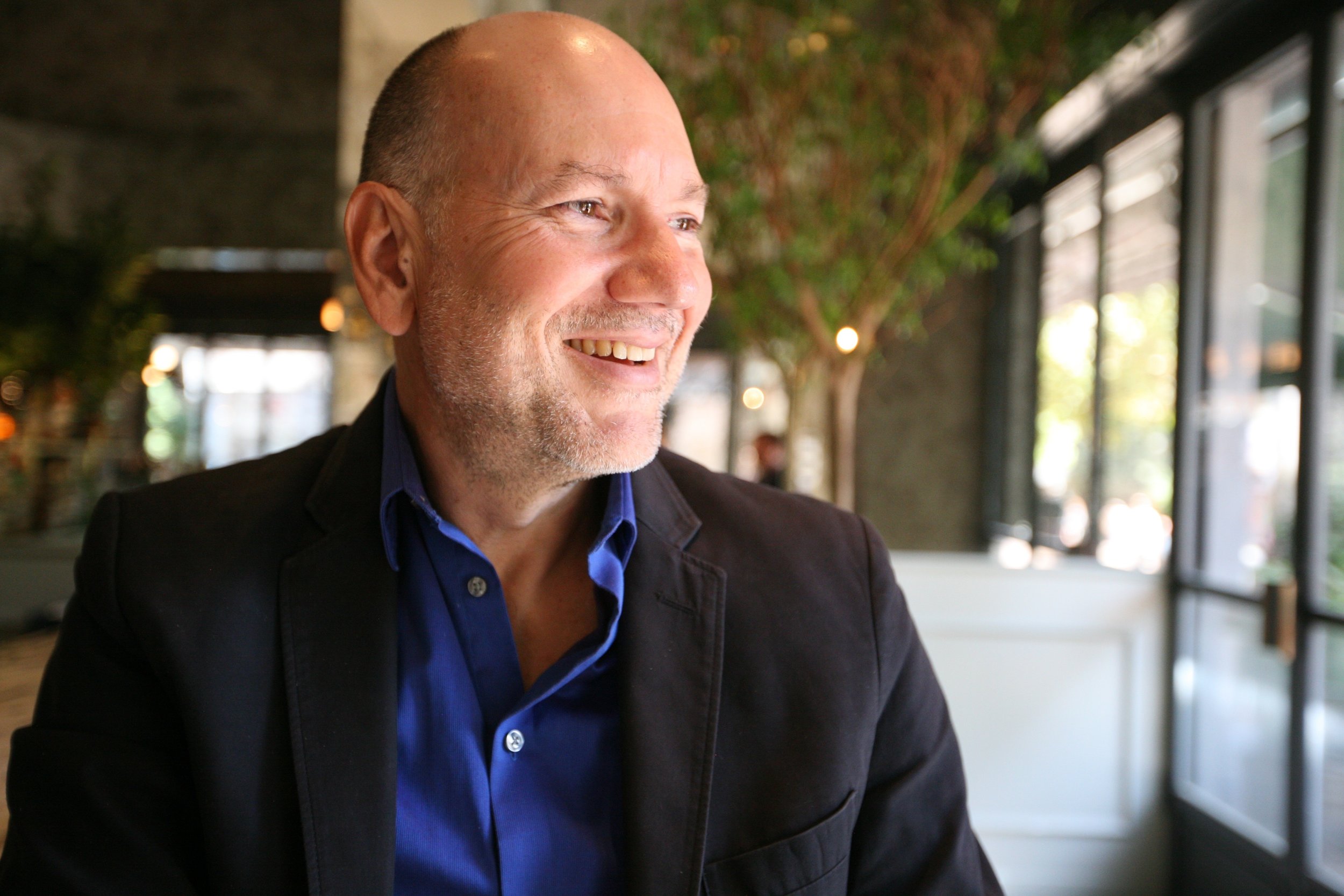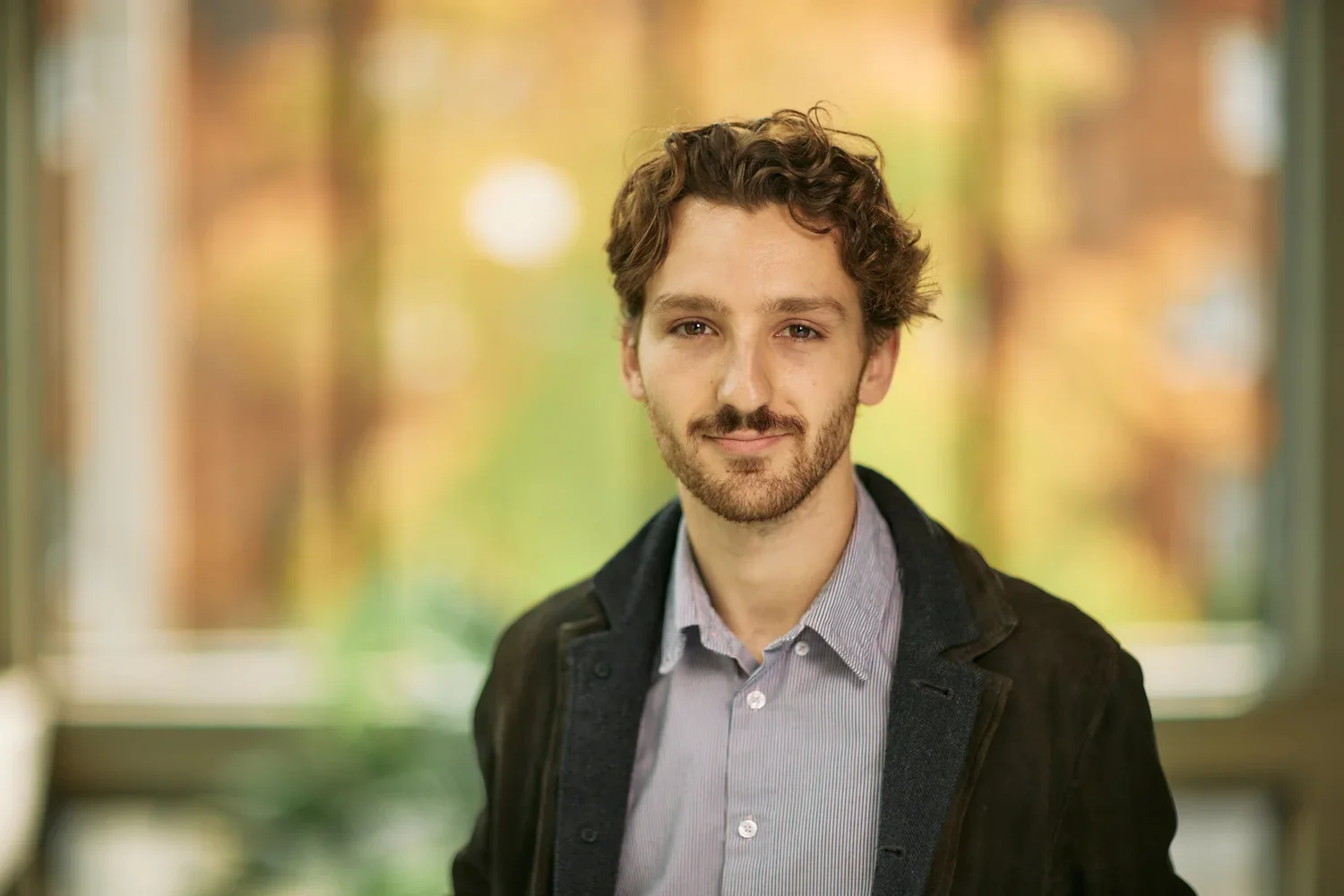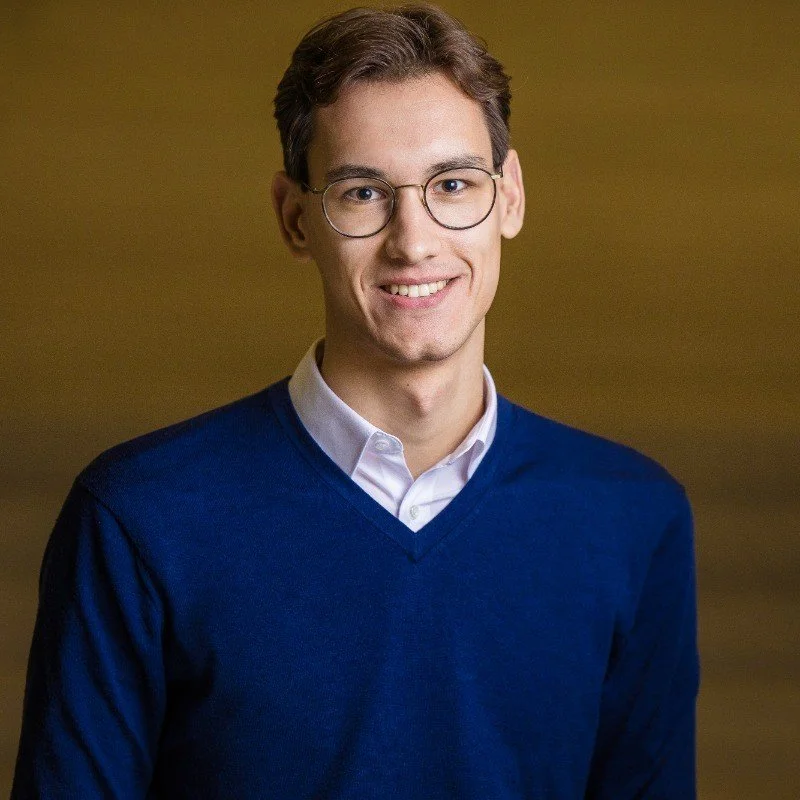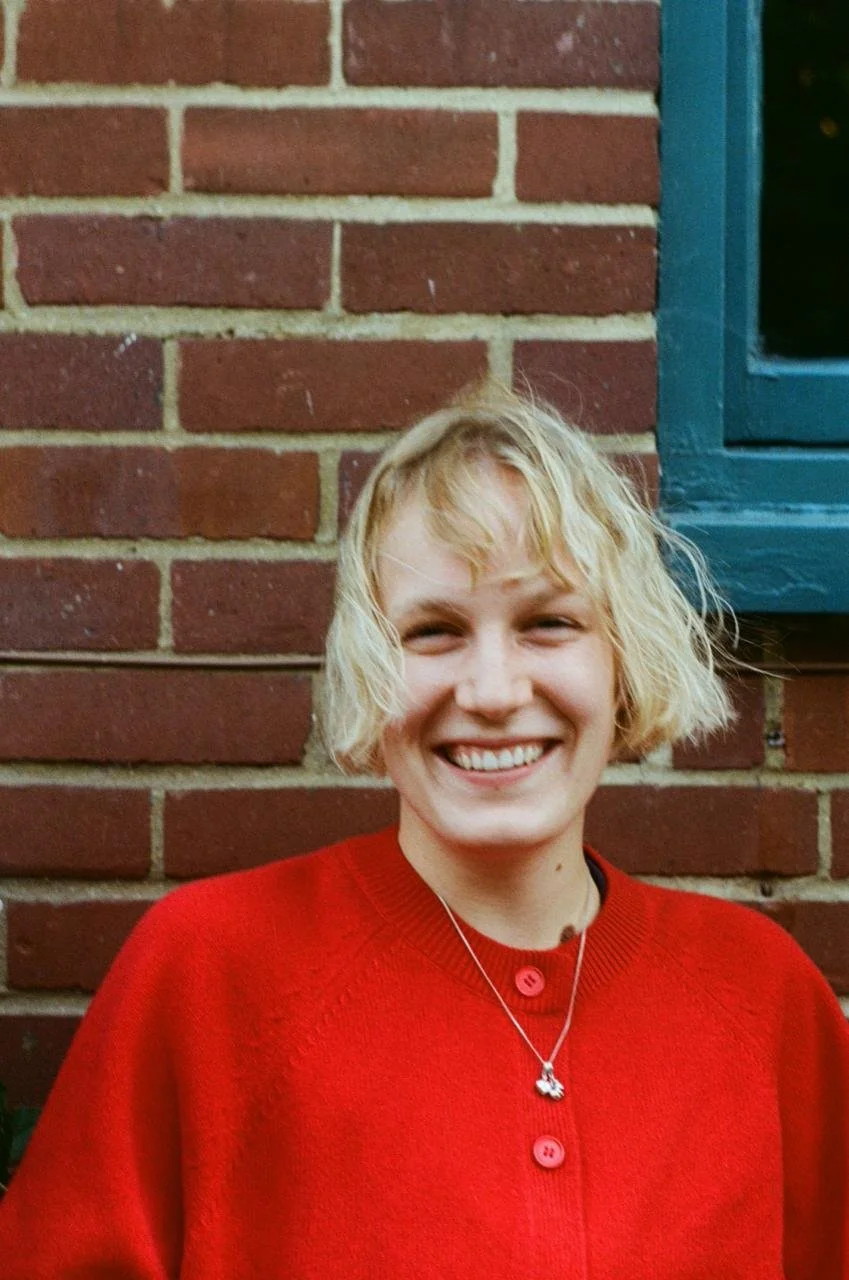Members
Stathis N. Kalyvas
Stathis N. Kalyvas is Gladstone Professor of Government and fellow of All Souls College at Oxford. Until 2018 he was Arnold Wolfers Professor of Political Science at Yale University, where he also founded and directed the Program on Order, Conflict, and Violence. Kalyvas obtained his BA from the University of Athens (1986) and his M.A. and Ph.D. from the University of Chicago (1993), all in political science. He taught at Ohio State University (1993-94), New York University (1994-2000), the University of Chicago (2000-03), Yale University (2003-2017) before joining Oxford in 2018. He is the author of The Rise of Christian Democracy in Europe (Cornell University Press, 1996), The Logic of Violence in Civil War (Cambridge University Press, 2006), Modern Greece: What Everyone Needs to Know (Oxford University Press, 2015), the co-editor of Order, Conflict, and Violence (Cambridge University Press, 2008) and the Oxford Handbook on Terrorism (Oxford University Press, 2019). His research focuses on conflict and political violence.
Thomas Brailey
Thomas is a second year DPhil student in Politics at Nuffield College. His research focuses on conceptualizing the degree to which states outsource their security provision and to whom. Focusing predominantly on security provision in Southern Africa, his research combines qualitative and quantitative methods with particular focus on developing novel ways of measuring complex latent concepts. Prior to joining Oxford, he was a pre-doctoral fellow with the Payments and Governance Research Program. He holds a Bachelor of Science in Political Science and Data Analytics from the University of California, San Diego and an MPhil in Comparative Government from Oxford..
You can contact him at thomas.brailey@politics.ox.ac.uk.
Justas Petrauskas
Justas Petrauskas is a second-year MPhil student in Comparative Government. His research centers on conceptualising and understanding the development of inclusive national identity in ethnically plural countries after conflict. His thesis investigates how the institutional structure and external environment shape citizens' identity attitudes and strategies of political elites, using global survey data and qualitative elite interviews from Western Balkans. His research interests also include the politics of the EU and the intersection of comparative politics and political theory. Before the MPhil, he graduated from Oriel College, Oxford with a BA in Philosophy, Politics, and Economics.
You can contact him at justas.petrauskas@politics.ox.ac.uk
Joana C McCloy
Joana is a DPhil (PhD) Candidate in Politics, researching resistance transformation and the trajectories of civil resistance campaigns. Her research centres on mechanisms of failure, specifically the interaction between state repression and movement escalation. She is interested in conceptualisations of failure and violence, and the questions of how violent nonviolence is allowed to be.
She holds an MPhil in Comparative Government from Lady Margaret Hall, University of Oxford, and a BA in International Relations and Economics from Jacobs University in Germany.
You can contact her at joana.mccloy@politics.ox.ac.uk
Motasem Abuzaid
Motasem is a doctoral student in Politics at the University of Oxford (St Antony’s College). His research is broadly concerned with the study of ethnic and political violence under authoritarian contexts in the Middle East from an interdisciplinary perspective. This includes the examination of coercive formations in such regimes and how they intersect with sub-national and patrimonial affiliations. His previous work explored the multiple layers of surveillance in one-party states and the spatial history of urban resistance in various Syrian cities as a more nuanced interpretation of urban collective action. It relied on qualitative methods (building on fieldwork interviews and archives) in addition to spatial modeling and analysis (based on mobilization datasets). In the DPhil program, he examines the process of urbanization and how it may contribute shape trajectories of revolutionary episodes in the Fertile Crescent and beyond.
Prior to joining the Department of Politics and International Relations at Oxford, Motasem worked in the development sector in Turkey for several years and completed two master's degrees in Sociology (Marmara University) and Arab Studies (Georgetown).




